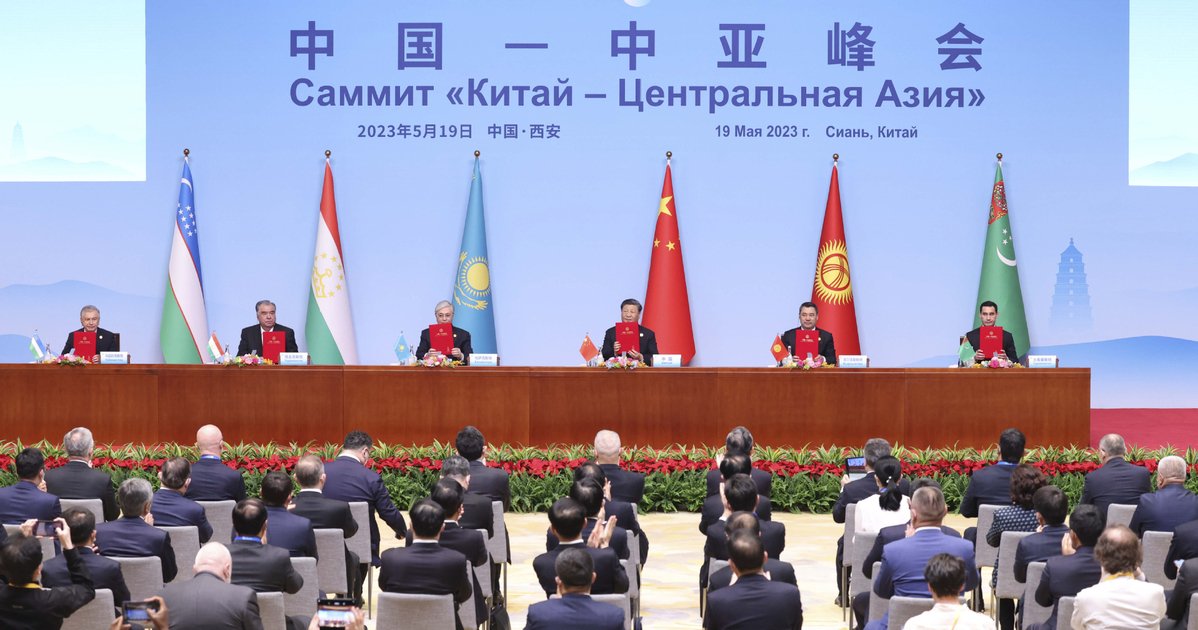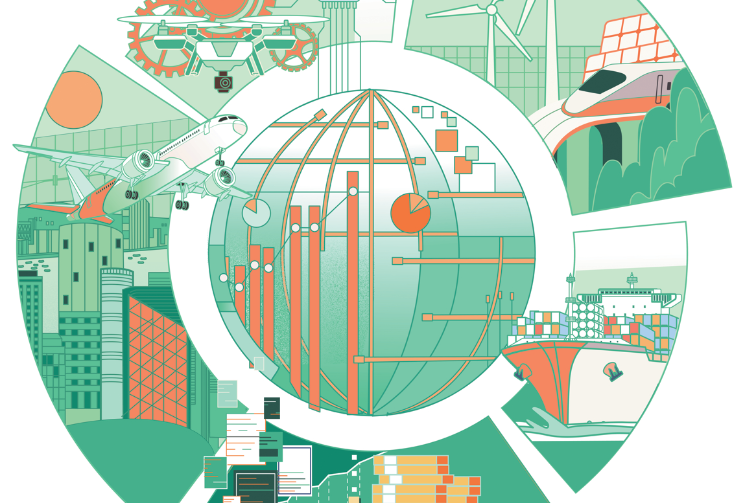Summit brings certainty, stability and security to Eurasia and the world


The first China-Central Asia Summit was held in Xi'an, China in May 18 and 19. This event not only vigorously promotes the mutually beneficial cooperation between China and Central Asian countries, but also serves as the diplomatic practice of President "Three Initiatives", namely, the Global Security Initiative, Global Development Initiative, Global Civilization Initiative, which will bring certainty to this era of turbulent events and generates new economic dynamic into the sluggish recovery of the global market, and building a bridge of mutual learning among civilizations and people-to-people bonds for a world lacking mutual trust.
The President of China has emphasized that, "Security is the foundation of development, and stability is the prerequisite for prosperity." For the same token, without a safe and stable environment, the world economy cannot achieve sustainable development, and the well-being of the people of all countries cannot be guaranteed.
In today's world, the international situation intertwined with turmoil that poses severe challenges to the entire human society. In the past three years, a series of multiple crises that are rare in the world, such as the COVID-19 pandemic, geopolitical conflicts among great powers, and economic turmoil, have superimposed on each other, and together accelerated the historical process of "Great Changes Unseen in a Century".
Facing these global challenges, the only way for all countries in the world is to jointly promote global governance, coordinate policies, and carry out extensive international cooperation; the premise is that the international community must first reach political consensus in security, the most fundamental and critical area of world affairs.
Therefore, all parties participating in the Summit have reaffirmed their respect for the development path chosen by each country based on its own national conditions, and firmly support each other on issues related to each other's core interests such as sovereignty, independence, security, and territorial integrity; firmly oppose external forces' political interference in the six countries. These six countries have promised to resolutely abide by the purposes and principles of the Charter of the United Nations and other recognized norms of international law; resolutely advocate the defense of multilateralism and safeguard international fairness and justice.
It is reasonable to say that the timing of the summit is special, rich in connotation and of great significance. The six countries forged ahead hand in hand in the complicated international situation, and vigorously promoted the process of world multi-polarization and democratization of international relations. Whether it is in the history of the Eurasian continent or in the journey of mankind to explore regional cooperation and global governance, the groundbreaking historical significance of this summit will be praised and remembered by the world.
Since the Han and Tang Dynasties, people of various ethnic groups in Central Asia have been in contact with China for thousands of years, writing a magnificent chapter on the Silk Road from Chang'an to Samarkand. In this vast land, people of all ethnic groups have spoken different languages and believed in different gods for thousands of years, living freely and comfortably according to their own customs and habits. There are few religious wars among them, and it is rare for a nation to impose its own beliefs or institutions on others. They communicated peacefully and equally, following the principle of mutual respect, mutually beneficial and "seek common points while reserving difference". Thus, for thousands of years, these different civilizations have always spread, blended, and learned from each other along the ancient Silk Road through peaceful approaches such as commerce, paintings, and sculptures, rather than war, conquer, or plunder.
Today, at the starting point of the Silk Road—the ancient capital of Xi'an/Chang'an, the people of all six countries will regain the wisdom and courage of their ancestors, to bring certainty to the current era of chaos, generate new economic dynamics into the sluggish global market, and bridge the gap of people's heart by holding dialogue and mutual learning among civilizations.
The author Wang Peng is Director's Secretary, Centre for Chinese Foreign Strategy Studies, Renmin University of China, Beijing China; Research Fellow, The Institute of State Governance, Huazhong University of Science and Technology, Wuhan, China.
If you have a specific expertise, or would like to share your thought about our stories, then send us your writings at opinion@chinadaily.com.cn, and comment@chinadaily.com.cn.


































